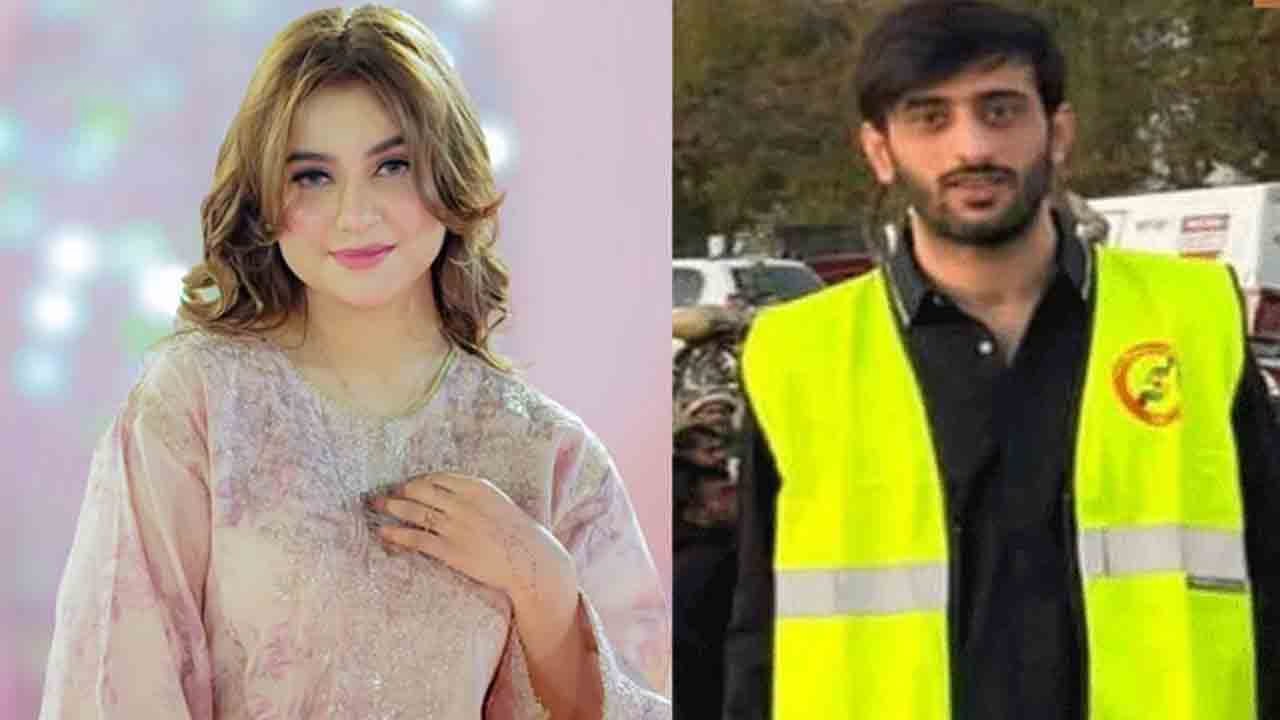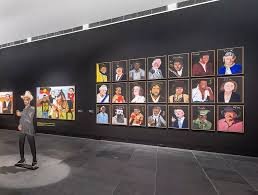The recent reconciliation between Samia Hijab and Hassan Zahid has become one of the most talked-about events on social media in Pakistan. The case, which began with serious allegations of kidnapping and threats, has now officially been closed after both parties forgave each other for the sake of Allah. This resolution not only highlights the complexities of personal disputes in the public eye but also reflects on how reconciliation can change the course of legal battles.
Background of the Dispute
Earlier this year, the story of Samia Hijab and Hassan Zahid captured widespread media attention. Samia accused Hassan of attempting to kidnap her outside her residence and threatening her life. Following her complaint, a case was registered at the Shalimar police station, and Hassan was sent to jail on judicial remand.
The allegations created a media storm, with people questioning the safety and dignity of women in Pakistan. The case was further fueled when joint videos and pictures of the two surfaced online, sparking widespread criticism and speculation. Samia later clarified that Hassan was her former fiancé, which shifted the public conversation in a new direction.
The Turning Point
What once appeared to be an irreconcilable conflict took a surprising turn when both Samia Hijab and Hassan Zahid decided to settle their differences outside court. According to reports, Samia withdrew her allegations and publicly forgave Hassan, while Hassan admitted his mistakes, apologized, and assured her that her concerns would no longer persist.
Legal experts note that cases based on personal disputes often find closure through mutual settlements. In Pakistan, nearly 40% of family and personal disputes filed in courts are eventually resolved through reconciliation, according to recent statistics from the Law and Justice Commission of Pakistan (2024). This case serves as a high-profile example of how such resolutions can bring an end to prolonged legal battles.
Public Reaction to the Reconciliation
The reconciliation of Samia Hijab and Hassan Zahid has drawn mixed reactions from the public. Supporters praise the move as a sign of maturity and forgiveness, emphasizing that resolving conflicts peacefully is better than dragging them into years of litigation. Many see their decision as a reflection of cultural and religious values, where forgiveness for the sake of Allah holds deep significance.
On the other hand, critics argue that sudden reconciliations in cases involving criminal allegations raise concerns about justice and accountability. Women’s rights activists, in particular, stress that forgiveness should not overshadow the seriousness of threats or attempted violence.
Despite divided opinions, the case remains an example of how individuals can choose reconciliation over prolonged conflict, especially in matters where personal relationships are deeply involved.
Social Media’s Role in the Case
The role of social media in shaping the narrative around Samia Hijab and Hassan Zahid cannot be overlooked. From the moment the allegations surfaced, public opinion was divided. Viral videos and pictures fueled debates, memes, and trending hashtags. At one point, Samia faced backlash online, with some users questioning her credibility.
However, the same platforms that criticized her also amplified her statement when she revealed that Hassan had been her fiancé. In today’s digital age, such cases demonstrate how quickly personal matters can become public controversies, adding pressure on both parties involved.
Lessons from the Case
The case of Samia Hijab and Hassan Zahid sheds light on several important lessons:
- The Power of Forgiveness – Forgiveness can bring closure and emotional relief, especially when both parties acknowledge their mistakes.
- The Importance of Transparency – Public figures or viral cases require clarity to prevent misinformation from spreading.
- The Role of Law and Reconciliation – While the justice system exists to provide accountability, mutual settlements remain a common path to resolution in Pakistan.
- Social Media Impact – Public trials on social platforms can influence perceptions, but they also highlight the need for responsible reporting and balanced judgment.
The Official Closure
With the reconciliation now in place, the case of Samia Hijab and Hassan Zahid has been officially closed by the court. Both individuals expressed that their decision was guided by faith and a desire to move forward without lingering hostility. For the families involved, the settlement has brought relief and avoided further legal complexities.
Legal analysts suggest that this case will likely be referenced in future discussions about personal disputes, forgiveness, and the balance between justice and reconciliation. As personal conflicts continue to surface in the public domain, society will continue to debate the right balance between legal proceedings and the power of mutual forgiveness.
The reconciliation between Samia Hijab and Hassan Zahid has ended one of Pakistan’s most closely followed disputes in recent months. What began as a high-profile allegation has transformed into a story of forgiveness, accountability, and closure. While opinions remain divided, the resolution stands as a reminder that even the most public conflicts can find peace when both parties choose reconciliation.



